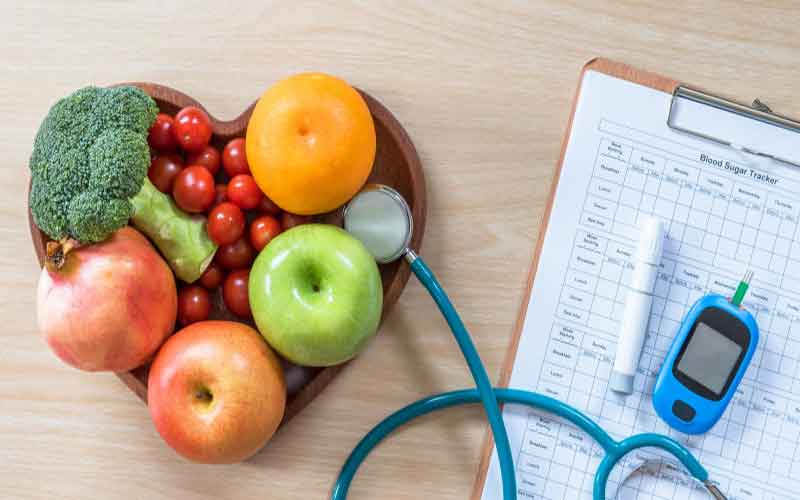×
The Standard e-Paper
Stay Informed, Even Offline

How bad is red meat? Is low-carb the only way to lose weight? Is sugar the devil’s food? You have the questions. Dr Gladys Mugambi, a nutritionist and the head of division of Health Promotion at the Ministry of Health, has the answers.